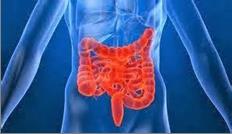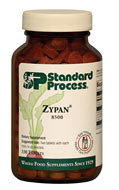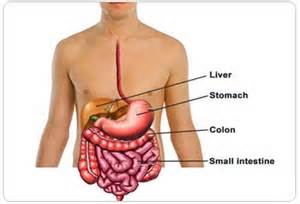SIBO or Small
Intestinal Bacterial Overgrowth
Intestinal Bacterial Overgrowth

Since we have about 10 times more bacterial cells than we have human cells, we must talk about bacteria and not just yeast alone because you almost never find one without the other. We have bacteria in our small intestine, which is the place where you digest your food, but we have an infinitely higher number of bacteria in the colon (the large intestine). SIBO can be defined simply as having a bacterial overgrowth of many different types of bacteria that belong in the large intestine and not in the small intestine.
And when bacteria are in the wrong place, it wreaks havoc on our health because it leads to intestinal permeability (leaky gut syndrome), liver overload, immune trouble, and potential brain toxicity. This often goes on unchecked for years on end because it's not truly recognized in the mainstream medical community.
Certain strains of bacteria feed off of refined carbohydrates and break them down into short-chain fatty acids, creating gas and causing bloating. Another strain of bacteria can break down bile salts before your body has a chance to use them. Bile salts are crucial for the breakdown of fats; without them, the end result is fat malabsorption or diarrhea.
- What causes the bacterial overgrowth
- What are SIBO symptoms
- How to test SIBO
- 8 steps that naturally prevent and improve your small intestinal bacterial overgrowth











